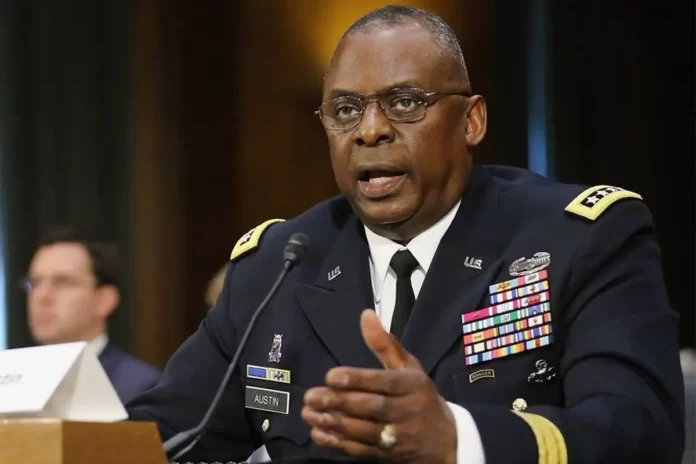The balance of geopolitics in the Middle East was once again disrupted as a US drone strike targeting Iranian-backed militias in Syria resulted in the tragic deaths of three American soldiers. The incident, which occurred in the volatile region of eastern Syria, has reignited tensions between the United States and Iran, prompting US Defense Secretary Lloyd Austin to vow “all necessary actions” in response to the attack. As the specter of conflict looms large, the international community is closely monitoring the situation, wary of the potential for further escalation and destabilization in the region.
The drone strike, authorized by US military commanders, targeted facilities used by Iran-backed militias operating in Syria, believed to be involved in planning and executing attacks against US personnel and interests in the region. The strike was intended to disrupt and degrade the capabilities of these militias, which have been accused of carrying out a series of attacks, including rocket strikes and roadside bombings, targeting US forces and allies in Iraq and Syria.
However, the strike resulted in unintended consequences, as three US soldiers were killed and several others injured in the aftermath. The loss of American lives has sent shockwaves through the US military and political establishment, prompting calls for accountability and swift action to prevent further casualties. Defense Secretary Lloyd Austin wasted no time in condemning the attack and pledging to take “all necessary actions” to protect US personnel and interests in the region.
The drone strike and its aftermath have reignited long-standing tensions between the United States and Iran, both of which have been engaged in a protracted struggle for influence and dominance in the Middle East. Iran, which wields considerable influence over various militias and proxy groups in the region, has repeatedly clashed with US forces and allies, viewing them as impediments to its geopolitical ambitions.

In response to the drone strike, Iranian officials have condemned the US actions as “unlawful” and “provocative,” accusing the United States of aggression and escalation. Iran has vowed to retaliate against what it perceives as acts of aggression by the United States and its allies, raising concerns about the potential for further violence and instability in the already volatile region.
The escalating tensions between the United States and Iran have raised alarm bells among the international community, which fears the potential for a wider conflict with devastating consequences for the region and beyond. The Middle East, already ravaged by years of conflict and instability, can ill afford another major conflagration that would only exacerbate human suffering and exacerbate existing humanitarian crises.
Moreover, the fallout from the drone strike underscores the complex and multifaceted nature of the challenges facing the region, from geopolitical rivalries to sectarian tensions and the presence of armed militias and extremist groups. Addressing these challenges will require a coordinated and comprehensive approach that addresses the root causes of conflict and instability while promoting dialogue, diplomacy, and reconciliation.
In the aftermath of the drone strike, the United States finds itself at a crossroads, facing difficult decisions about how to navigate the treacherous waters of Middle Eastern geopolitics. While the Biden administration has expressed a desire to de-escalate tensions and engage in diplomacy with Iran, the recent attack has underscored the challenges of finding common ground in a region rife with competing interests and entrenched rivalries.
As the United States grapples with the fallout from the drone strike and the broader implications for its foreign policy in the Middle East, one thing remains clear: the need for vigilance, diplomacy, and cooperation in addressing the complex challenges facing the region. The tragic loss of three US soldiers serves as a stark reminder of the human cost of conflict and the imperative of pursuing peace and stability in a region torn apart by violence and strife.

